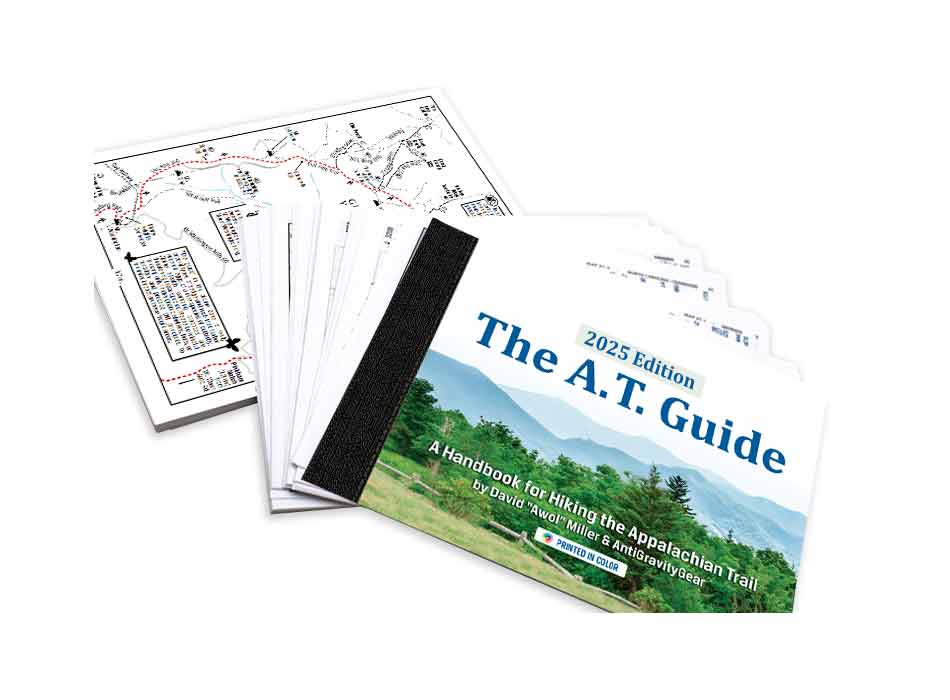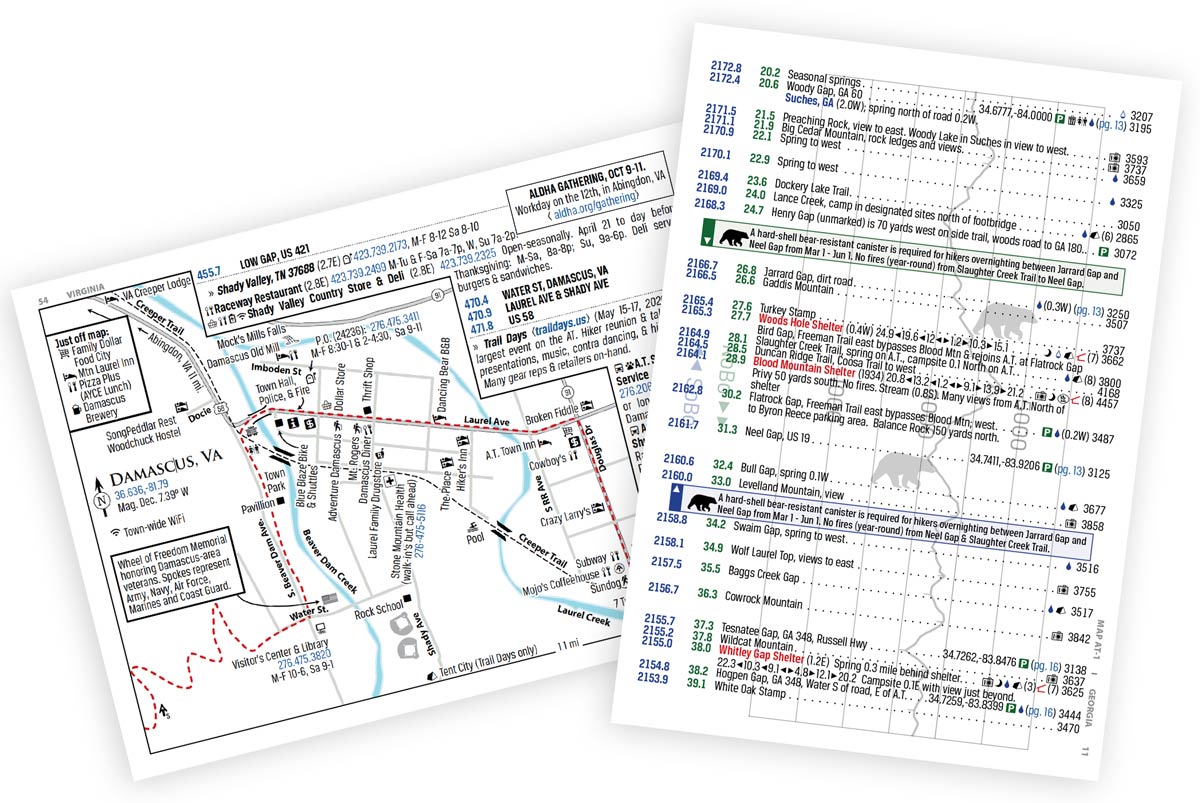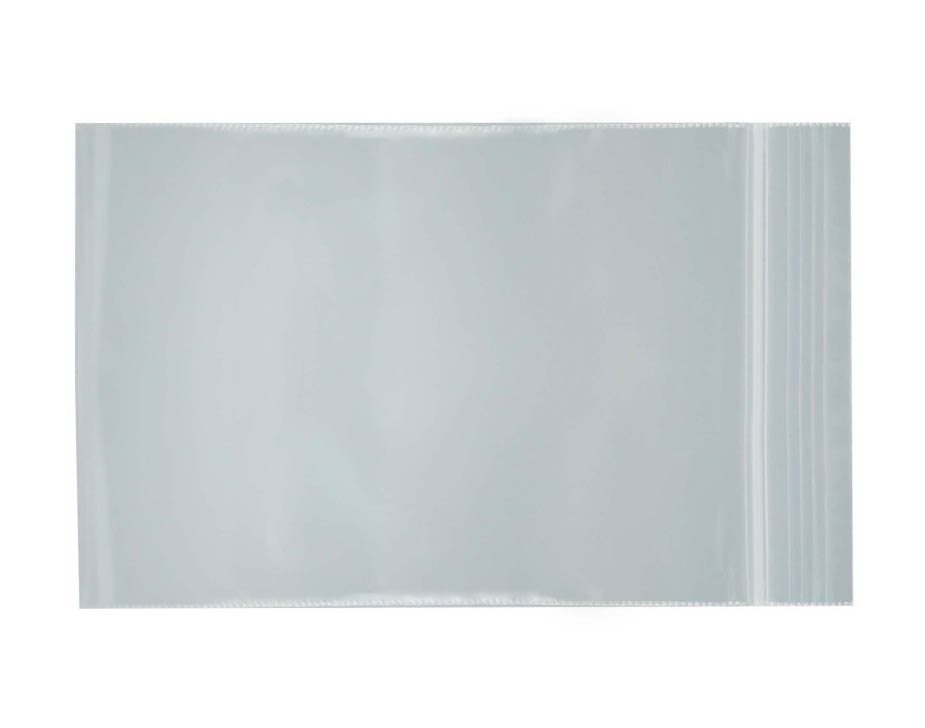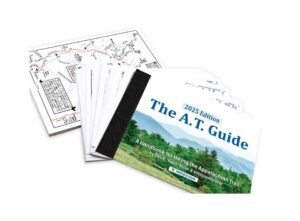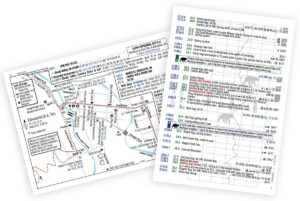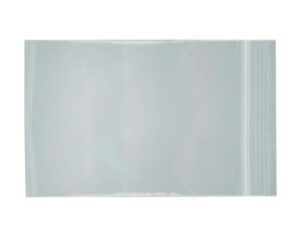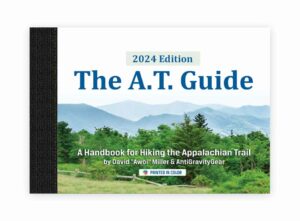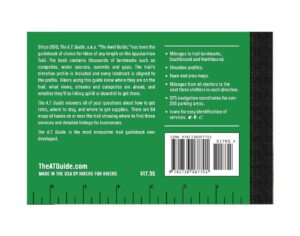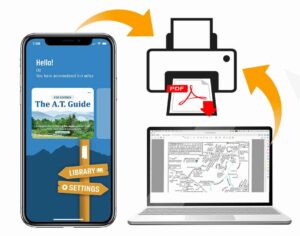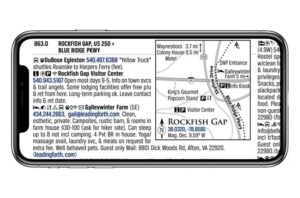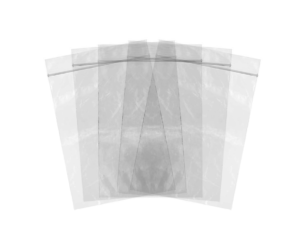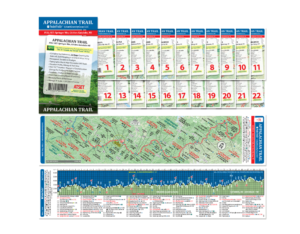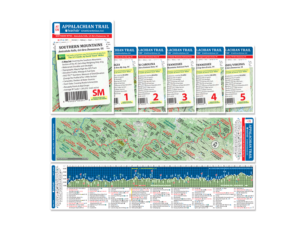2025 A.T. Guide (Loose-Leaf)
$21.95
Now shipping!
Weight: 8.4 oz.
- Appalachian Trail guidebook for comprehensive hike preparation: features town maps, waypoints, elevation profiles, & expert information to plan an A.T. hike.
- Contains both northbound and southbound mileages for hiking in either direction.
- Loose-leaf pages shipped in shrink-wrap. Film laminated full color cover is identical to the bound book.
- Comes with one (1) plastic slide lock bag. Purchase additional slide lock bags to divide the book into sections and carry only the part of the book you need for your hike.
- Weight: 8.4 oz.
- Dimensions:7.5" w x 5.25" h
- 240 Full color pages for ease of reading
In stock
Since 2010, The A.T. Guide, a.k.a. “The Awol Guide,” has been the guidebook of choice for hikes of any length on the Appalachian Trail. The book contains thousands of landmarks such as campsites, water sources, summits and gaps. The trail’s elevation profile is included and every landmark is aligned to the profile. Hikers using this guide know where they are on the trail, what views, streams and campsites are ahead, and whether they’ll be hiking uphill or downhill to get there. The A.T. Guide answers all of your questions about how to get rides, where to stay, and where to get supplies. There are 100 maps of towns on or near the trail showing where to find these services and detailed listings for businesses. The A.T. Guide is the most innovative trail guidebook ever developed.
- 2620 Mile to trail landmarks with point by point cumulative mileage (both NoBo & SoBo) including:
- 1127 Water sources (potentially unreliable sources noted)
- 340 Identified campsites or tent-sites on, or convenient to, the A.T.
- 374 Shuttle services (142 dedicated shuttlers, 232 offer shuttle with stay)
- 259 Shelters include distances to the last three and next three shelters & whether or not there is tent-site, privy, and bear cable (or bear box) access.
- 872 Service listings listed in order of distance from the trail including...
- 806 Short awol.site URLs for service listings
- 345 Lodging services (hostel, hotel/motels, and B&Bs)
- 269 Resupply points (grocers, convenience stores, and outfitters)
- 288 Parking areas with GPS coordinates
- 169 Post offices with hours of operation & phone numbers
- 102 Maps (for towns, areas, and difficult trail intersections) including...
- Countless additional services not included in full text listings
- Major road and trail crossings
- GPS Coordinates & location based magnetic declination
- awol.site Links to Google area maps
- 240 Color Pages, featuring...
- 47 Custom icons for identification of services at a glance
- Important information from state parks and trail maintaining clubs
- Invaluable safety and best practices information
- Plastic seal top bag
FAQs
Please contact us and tell us about it. We review new prospects starting in September each year. A decision for inclusion is is based on value to the hiker and available space.
Each year we gather reroute information all during the year and then wait for the ATC to release their final mileage to compare and make any last minute adjustments. This final piece of information comes in at Thanksgiving each year. This is why, while our updates are finished by October, the A.T. Guide historically doesn’t ship until mid-January. In 2021 supply chains and print lead times became slower than ever and we had to make the decision to go to print much earlier in order to avoid extraordinarily late shipping dates. This means we have to make our calculations before ATC releases their “official” mileage. In many ways this makes us work harder to make sure everything is correct. We still get the official number from ATC around Thanksgiving but we have to wait for actual data in January. Anything we may have missed we post in the PDF and on our online updates page. A pleasant side effect of this process is the PDF is immediately available for download in November and the A.T. Guide books arrive in time for Christmas shipping deadlines. Rest assured, anything we might miss as a result of our new process is small and confined to local areas on the trail.
2023 Difference Explained
- The bulk of the difference between our mileage and The ATC official mileage is in NY. We were aware of, and make specific mention the Palisades Parkway detour. ATC actually put +3.0 mile number to it.
- We included the Forth Mountain Relocation.
- We included the remeasures for Mass & Connecticut. There were a few places where we had to guess how ATC might round up or down to the next tenth of a mile because it was right on the edge.
No. We simply trimmed the spine from a bound book and shrink wrapped the pages together. The pages are loose.

